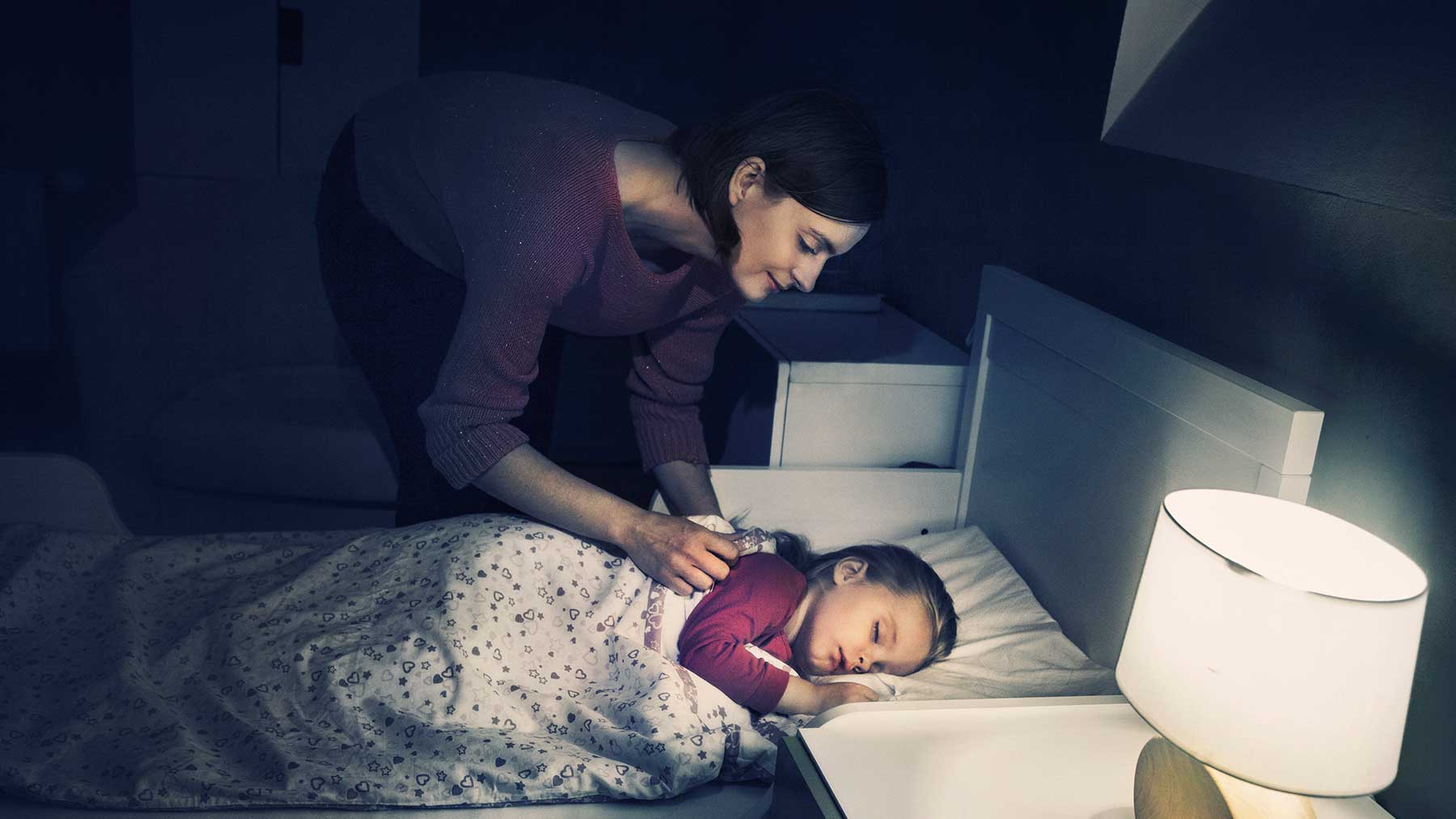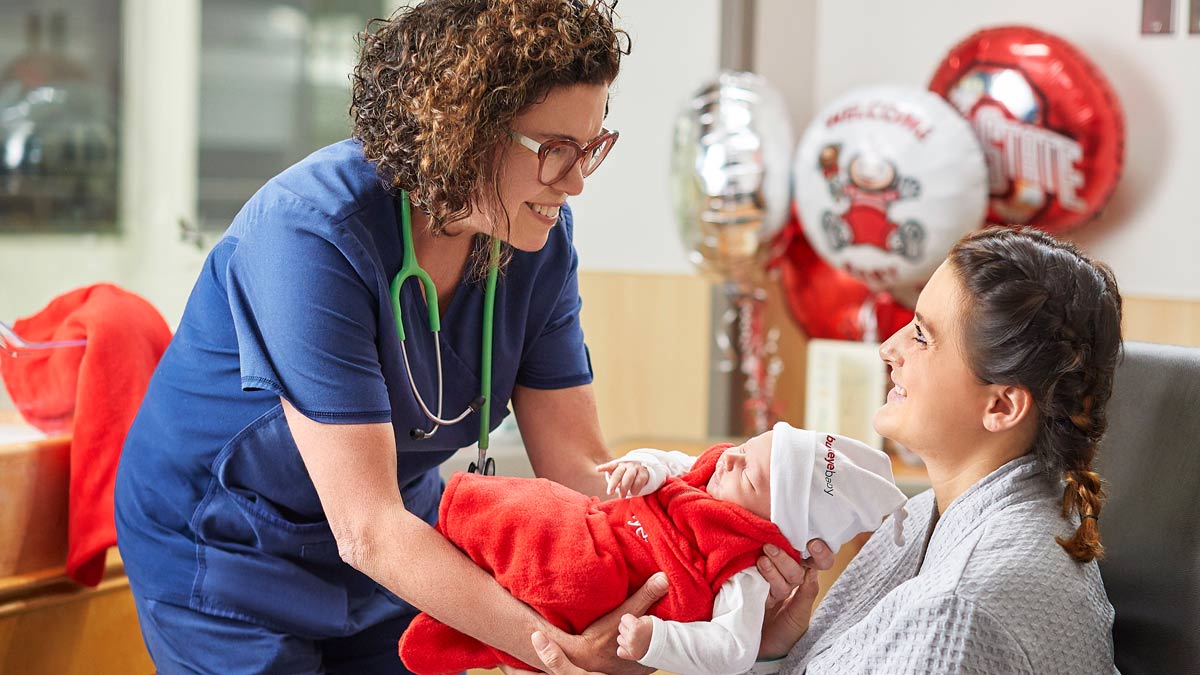Sleep doctor's back-to-school tips
 It’s almost time to trade the swimsuits, bike rides and backyard fun for backpacks, new teachers and homework. As a parent, it can be tough to get your kids to switch from sleeping in to getting up in time to catch the bus.
It’s almost time to trade the swimsuits, bike rides and backyard fun for backpacks, new teachers and homework. As a parent, it can be tough to get your kids to switch from sleeping in to getting up in time to catch the bus.The change in routine doesn’t have to come as a shock for the family. Here are my tips for getting your back-to-school sleep schedule back on track:
- Adjust gradually – Move bedtime and wake time gradually, about three to five days before school starts. Making small 15 to 30 minute changes each day helps your body adapt.
- Be consistent - Once you’re there, try to stay on that schedule. Life happens, but the closer you can stick to the same bedtime and wake time all week, the more rested and alert you’ll be.
- Decrease light exposure - It’s often still light outside when kids need to go to bed for school, so pull the shades in the evening to cue your brain that sleep time is coming.
- Keep a routine - About an hour before bedtime, kids and adults should stop playing video games, turn off the TV and put down the phones and tablets. Don’t bring the devices to bed. Use this time to get backpacks and clothes ready for the next day, bathe, brush teeth and put on PJs. The goal is to decrease stimuli and help the brain prepare for sleep.
- Avoid caffeine – Kids and adults should avoid any soda, tea other caffeinated drinks at least six hours before bedtime. A lot of people think caffeine doesn’t affect their sleep, but it hangs around longer than you realize. So, not only can it keep you awake, it also affects quality of sleep. Adults – the same holds true for alcohol; for better sleep, avoid it about three hours before bed.
- Dorm do’s and don’ts – I tell new college students at Ohio State that dorm living is very different than home, and they’ll need to take a few additional steps to protect their sleep and perform their best:
- Bring cozy bedding and pillows to make the best of those school-issued mattresses.
- Eye shades can help when a roommate needs to study late.
- A fan or sound machine can help block noise.
- Get exposed to bright light as soon as you wake up – that helps you be alert for those 8 a.m. classes.
- Resist the urge to pull an all-nighter. You don’t think as clearly when you’re sleep deprived, so cramming can backfire.
If you’re not following these tips for good sleep, it can lead to sleep deprivation. For kids, that can cause irritability, poor performance in school and bad behavior. Chronic sleep deprivation can also affect the immune system and lead to diseases such as high blood pressure, heart disease and diabetes. So developing good sleep habits early can have a life-long impact.




